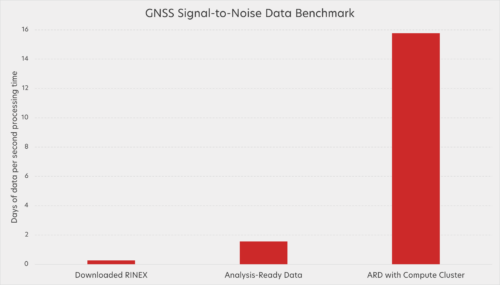
Pancakes are the future of geophysical data processing
What can’t be explained by a delicious food metaphor? Maybe geophysical research in the cloud, but we’re going to try anyway.
Here in the News & Features section, you can find important announcements or learn more about our work and the science we support.
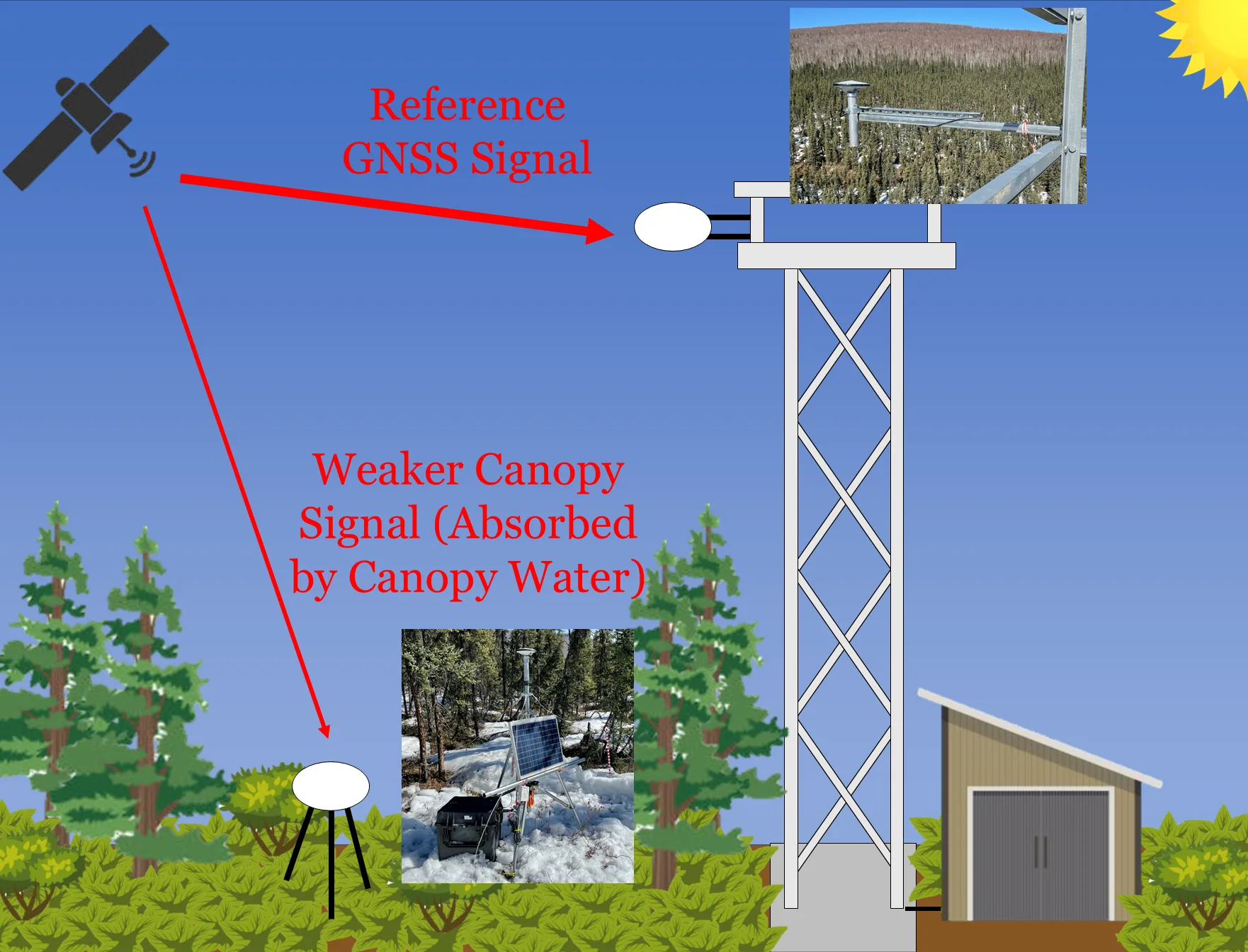

What can’t be explained by a delicious food metaphor? Maybe geophysical research in the cloud, but we’re going to try anyway.
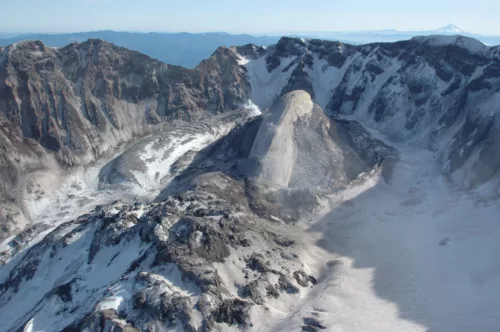
When seismic sensors aren’t detecting earthquakes, they’re picking up other vibrations—even shakes too subtle for people to feel. This ambient seismic noise might be able to tell scientists what’s happening at Mount St. Helens during times of activity and purported respite.
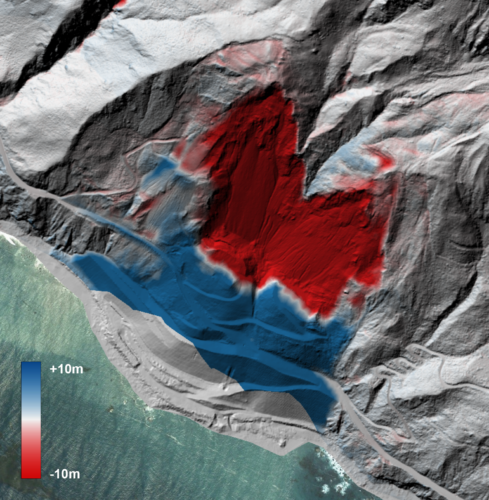
The National Science Foundation (NSF) has renewed funding for OpenTopography, a science gateway that provides online access to Earth science oriented high resolution topography data and processing tools.
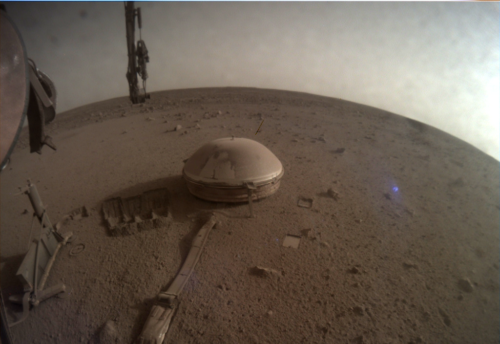
A new paper using InSight data presents a noteworthy conclusion—seismic velocity data is best explained by the presence of liquid water.

Over the past few years, the Rainier Lahar Detection System has been upgraded with 25 new stations to better detect volcanic hazards on the mountain.
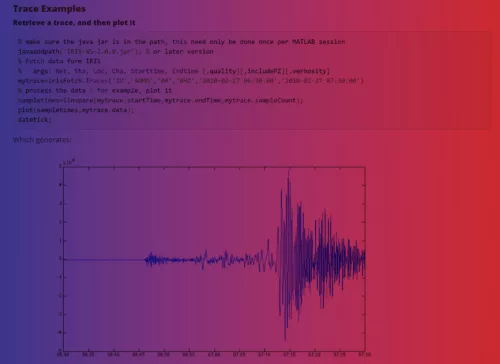
We regret to inform you that the irisFetch Matlab-based client is not compatible with recently released Matlab versions 2023a and onward.
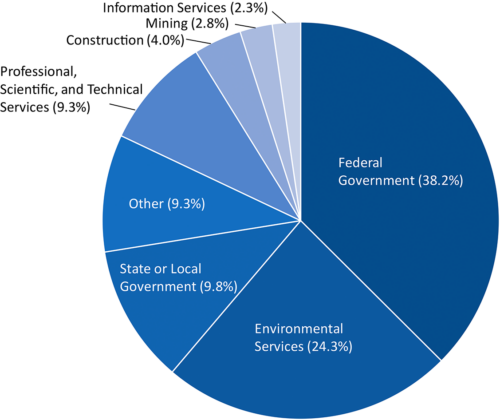
Geoscience as a degree pathway and career trajectory is becoming more popular as opportunities expand. Despite the successful examples of growth in the field, there are still barriers to overcome.
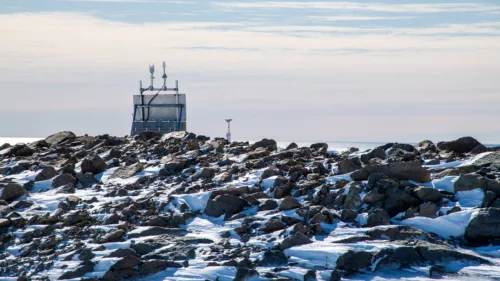
A new study uses the latest maps of the structure beneath Antarctica to see how important realistic crust and mantle information is to sea level rise. The answer? It’s pretty important.
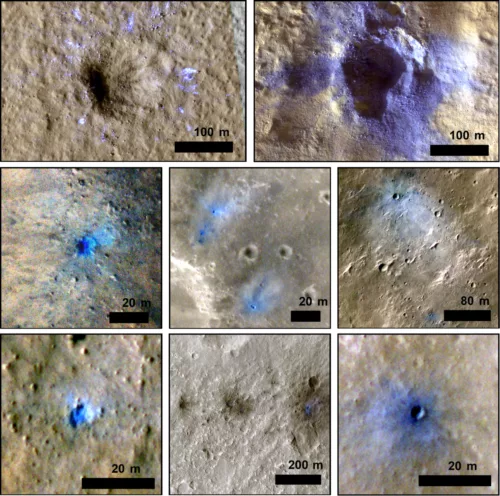
InSight has advanced our understanding of the Martian interior by using seismic techniques typically applied on Earth. One instrument, the Seismic Experiment for Interior Structure (SEIS) returned data that shows marsquakes from recent impacts of space debris on the surface. Compared to the orbitally-imaged catalog of craters, the seismically-detected events don’t seem to entirely match.